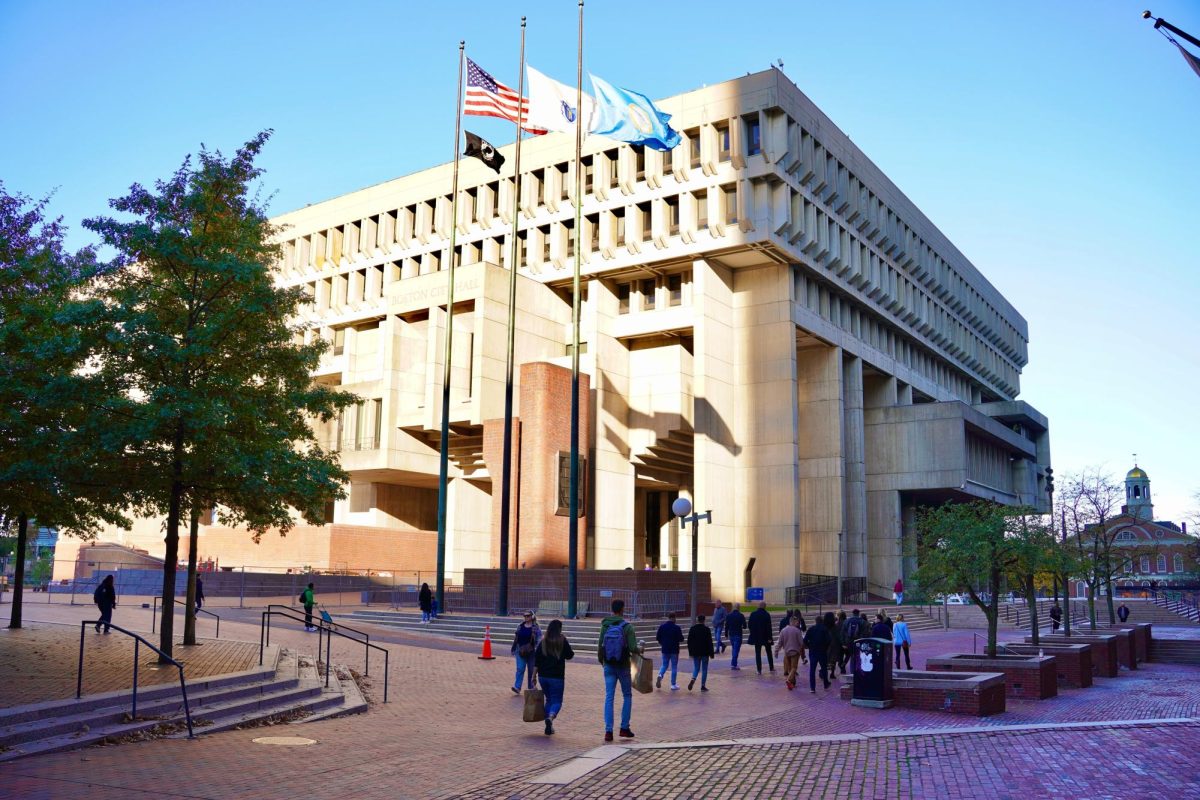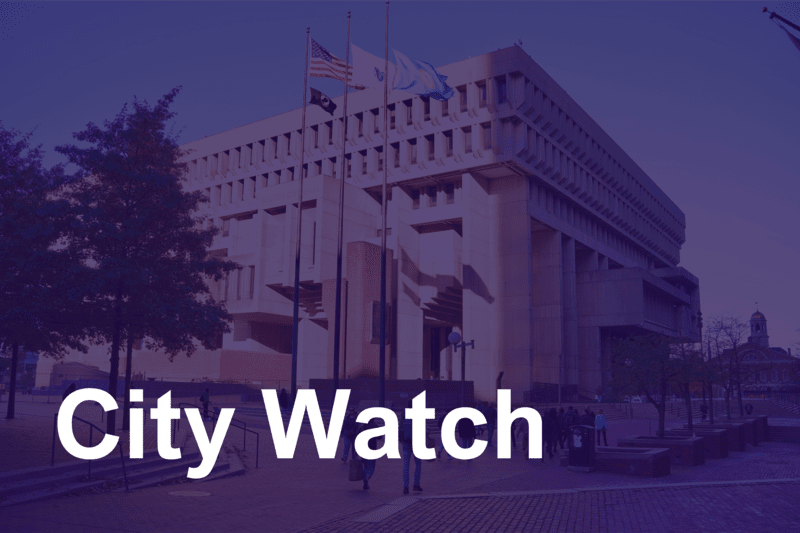At their weekly meeting on Oct. 25, Boston’s City Council took action on the crisis at the intersection of Massachusetts Avenue and Melnea Cass Boulevard, often referred to as Mass. and Cass, as well as discussing the renaming of Faneuil Hall.
The situation at Mass and Cass has garnered attention from city council in recent months, with officials citing the substance use at the encampment as a public safety risk to the community. Under Mayors Marty Walsh and Kim Janey, the city had previously tried to clear tent encampments at Mass. and Cass. On Wednesday, the council passed an ordinance to try a new approach, hoping it may lead to more meaningful solutions for the people at the center of the crisis.
In addition to tackling the issue at Mass. and Cass, the council addressed and voted on a resolution to rename Faneuil Hall. The iconic waterfront attraction is known to locals and tourists alike, but<iframe width=”560″ height=”315″ src=”https://www.youtube.com/embed/2Pi5j_nEZtw?si=tMcvsZpqgq58p03B” title=”YouTube video player” frameborder=”0″ allow=”accelerometer; autoplay; clipboard-write; encrypted-media; gyroscope; picture-in-picture; web-share” allowfullscreen></iframe> many do not know the history of the property’s namesake. Peter Faneuil was a slave merchant in the city who gifted the hall to the city. Renaming the building is one step in the council’s effort. The renaming efforts are to place more emphasis on the collective values of Boston and create a more inclusive city.
Mass. and Cass
The Council passed an amended ordinance, which was recently reviewed by the Committee on Government Operations. The ordinance would prohibit camps or camp materials on public property including sidewalks, streets or public parks unless authorized during the period when shelter is not available. Councilor Richard Arroyo spoke on the resolution to explain the differences between the original resolution referred to committee on Aug. 30 and the resolution presented to the council on Oct. 25.
Councilors had concerns about the broad language of the original ordinance as well as how the city would coordinate responses to the area with law enforcement. Additionally, the council asked for clarity on how the city would store items from encampments should they be cleared. The ordinance will be enforced by tracking the number of beds available at shelters on a daily basis and be updated everyday.
Other changes to the ordinance made by the committee include mandating that transportation offers made to people in the area must be clear and inform an individual they have the right to be transported to a shelter.
“Previously the offer of shelter was expressly made,” Arroyo said. But the ability of transportation to that shelter was not made.” Additionally, the $25 fine component of the resolution was revised to clarify that the goal is not fine collection or arrest. A verbal warning will replace the fine process, to the discretion of Boston Police Officers.
Another hearing with the city council was added to the ordinance’s requirements about the data around the ordinance and implementations.
Arroyo made clear that he opposes this policy and has in past years.
“The fact that we are still here talking about it should tell you just how blatantly unsuccessful those attempts have been.” He added that he applauds the city in taking steps to add low threshold housing, but believes that an investment from the state to provide long-term care beds is missing from the conversation.
This Mayor’s ordinance is also restricted to city property. New encampments that are built in other locations will pose a new challenge for the city.
Councilors Tania Fernandes Anderson, Ruthzee Jouijeune and Council President Ed Flynn all supported this action as a first step and asked the body to also consider other action to tackle the issue of substance use, homelessness and mental health. In their view, the ordinance is part of a larger solution, but not a solution on its own.
Councilor Frank Baker was one of those who voted against this issue, citing his belief that the focus of the program should lie with substance abuse treatment and long-term beds, rather than emphasizing low-threshold housing. .
“It’s gotta be treatment first and then the carrot at the end would be that housing,.” Baker said. “This is mandating that we give housing to people that show up, and because they have a tent, they get housing.”
For her part, Louijeune added that she felt encouraged by the ordinance’s recognition that improved housing is necessary in Boston, pushing back against the criticism that the city does not want the tents because they are aesthetically unpleasing.
“In reality what makes me nervous … is there is a tremendous amount of harm happening to people in the area as a result of the tents and as a result of unsustainable situations,” she said.
The ordinance passed as amended with nine yeas and three nays, which came from Arroyo, Baker, and Lara. Mejia voted present.
Faneuil Hall
The council also considered a resolution to change the name of Faneuil Hall, as part of a strategy to address anti-Black racist symbols and landmarks in Boston. Fernandes Anderson launched the discussion with a note on which communities have had access to Faneuil Hall as a public space. The councilor recalled the building’s purpose as a place where “democracy loving people have gathered and organized” but added that less than 0.1 percent of businesses in the marketplace are owned by Black people. Fernandes Anderson would like to see the name change process as a “gateway to deeper actions, dialogue and conversations related to racial repair and reconciliation.”
The resolution highlights the importance of naming public spaces to reflect the common values of a community. According to a statement from the city, it does not seek to erase history, but place history in the context that makes sense. The statement also noted that roughly 51% of polled Bostonians are in favor of the name change. In the meeting, councilors asked for a community process to assist in the renaming of Faneuil Hall.
Baker opposed the resolution, expressing concern for the ambiguity in the resolution, which does not propose a new name for the building. Baker wanted to have more discussions on the renaming issue.
Councilor Sharon Durkan raised her experience growing up in the South and the debate around confederate monuments. She says the naming of monuments and public spaces have effects on the sense of belonging to all people in the community.
The rules were suspended and the resolution was adopted on a vote of 10 yeas and three nays. Whether this show of support will lead to action remains to be seen, as the City Council does not have the power to rename municipal buildings. Since 2013, that right falls under the charter of the city’s Public Facilities Commission.
Boston’s City Council meets every Wednesday. Meetings are open to the public and are streamed for free online.



